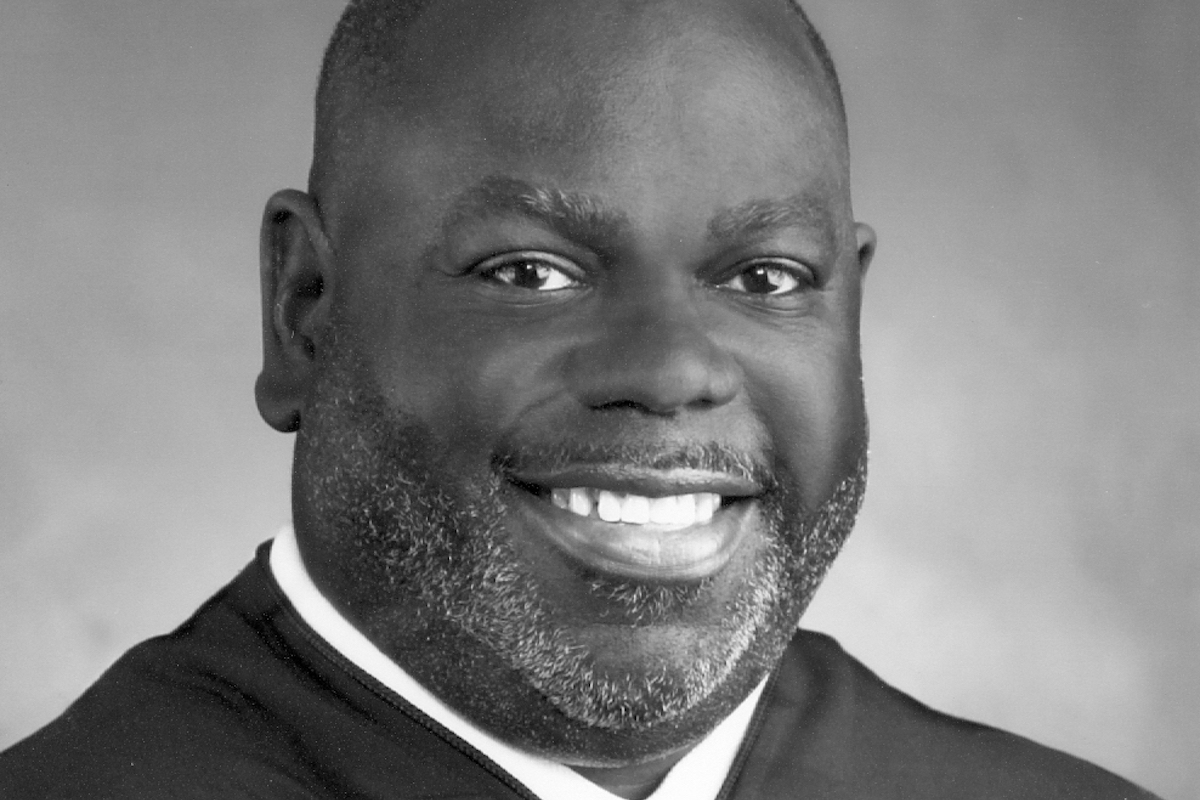In 2019, Judge Carlton Reeves found Mississippi was in violation of the Americans with Disabilities Act (ADA) because too many people with mental illness were in institutions due to a lack of the right kinds of services in the community.
This Thursday, September 2nd at 1:30 pm, Judge Reeves will hold a hearing via Zoom on the role of the monitor in this lawsuit. You can listen to the hearing by dialing 877-336-1829 and entering passcode 3608939# (please remember to mute your phone after joining). The monitor will oversee how the Department of Mental Health (DMH) implements the remedy to correct the problems identified in the 2019 trial.
Last month the United States, through the Department of Justice, and the State of Mississippi, through the Attorney General’s (AG) office, were required to submit proposed monitoring plans to Judge Reeves. Judge Reeves will question both sides about their plans at the hearing.
Both sides recommended that Special Master Dr. Michael Hogan, who crafted the remedy, be the monitor. His remedy is based primarily on the recommendations that the State submitted, with the addition of monitoring and a clinical review of people receiving services.
The United States describes the duties and reporting processes for the monitor in its proposed plan. The State of Mississippi’s plan begins by sharing that it submitted its proposal only because it was ordered to do so. The State’s proposal goes on to describe that it sees itself as already in compliance with the ADA. It objects to being externally monitored, but demands that if it is monitored, that it be monitored solely on having capacity and funding for services, rather than if people receive services. It also objects to asking people receiving services if the services help them.
One of the most concerning parts of the State’s proposal is that it implies that it will appeal the verdict. The State has dragged this lawsuit out for ten years. Now it appears set to waste even more time and money and further delay much-needed reform by filing an appeal that it is likely to lose. All because it doesn’t want to listen to the people it is supposed to serve or be monitored by the person it chose to implement the plan it wrote.
Last week, we implored the leadership of the DMH and the Board of Mental Health to do the right thing for people with mental illness and to prevail upon the Attorney General’s office to NOT waste even more resources by appealing this case. We urged both the DMH and the Attorney General’s office to cease any plans for appeal and to work with Dr. Hogan to simply implement the State’s plan – the plan that the lead state attorney, Mr. Douglas Miracle, and the lead Phelps Dunbar outside attorney for the state, Mr. James Shelson, likely wrote. We continue to implore them.
We encourage all of you to attend the virtual hearing this Thursday and thoughtfully consider what the parties share. You can listen to the hearing by dialing 877-336-1829 and entering passcode 3608939#. Please remember to mute your phone after joining.
If you would like to join us in urging the State to not appeal or if you have other feedback, here is their contact information:
Douglas T. Miracle-State Government
MISSISSIPPI ATTORNEY GENERAL’S OFFICE
601.359.5654
Fax: 601.359.2003
Email: doug.miracle@ago.ms.gov
James W Shelson
PHELPS DUNBAR, LLP – Jackson
601.360.9724
Fax: 601.360.9777
Email: jim.shelson@phelps.com
Wendy D. Bailey
Executive Director
Mississippi Department of Mental Health
601-359-6251
Email: Wendy.Bailey@dmh.ms.gov
If you have feedback for the United States:
Sarah L. Malks
Outreach Specialist
Civil Rights Division, US Department of Justice
iPhone 202.598.5344
Sarah.Malks@usdoj.gov

